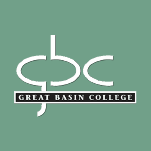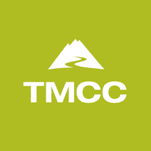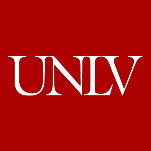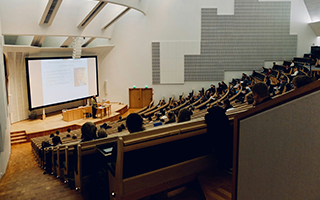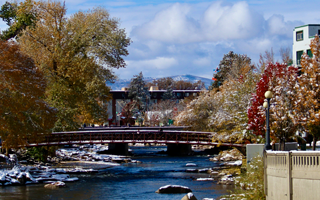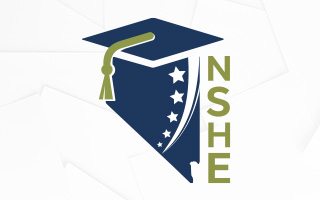Nevada Community Colleges
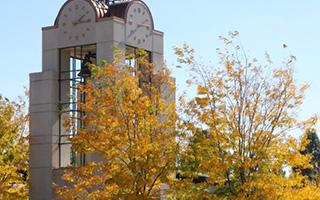
By 1965, Nevada was the only state in the U.S. without a community college. With our burgeoning population, there was a strong demand building for two-year vocational programs in Las Vegas, Reno and the rural communities.
In the late 1960s, that demand changed from dreams to action when a grassroots movement in northeastern Nevada decided to bring higher education back to the area. Elko, which was the original home of the University of Nevada (now University of Nevada, Reno) in 1874, was about to get the state’s first community college.
With a population of fewer than 75,000 people, a small cadre of residents launched a campaign to build their own college. Over two months in the summer of 1967, citizens raised $44,000 and hired Eugene Voris, a former community college administrator from Oregon, to get the new college underway. Within 60 days, Elko Community College had enrolled nearly 300 students in 25 courses.
GBC’s President Mark Curtis recently conducted interviews with college founders Robley “Bob” Burns, Jr.; Mark and Katherine Chilton; Dr. Hugh Collett; and Michael Marfisi. The interviews are part of the Virtual Humanities Center’s “Theme 2015-2017: Design for the Human Spirit” series and were made possible in part by major grants from the National Endowment for the Humanities and Barrick Gold of North America.
I encourage you to watch the first part of the series at http://humanities.gbcnv.edu/omeka/items/show/113 to learn more about how a determined few can mobilize a community to bring about change.
Today, Great Basin College (renamed in 1995), now serves approximately 120,000 residents across two time zones, 10 counties…all within a service area the combined size of Utah and Rhode Island. GBC has come a long way in nearly 50 years, thanks in no small part to the people who have supported the college, its mission and its incredible contributions to rural Nevada and our state.
As we focus on the renewed importance of community colleges and, as we carve out the next chapter in the history of Nevada’s community colleges, it is critical to understand this history. These educational pioneers from northeast Nevada created new access institutions that were peculiarly American and egalitarian. More than ever, we understand the critical nature of these institutions, particularly as we strive to build the innovative and creative workforce to build a new Nevada.



